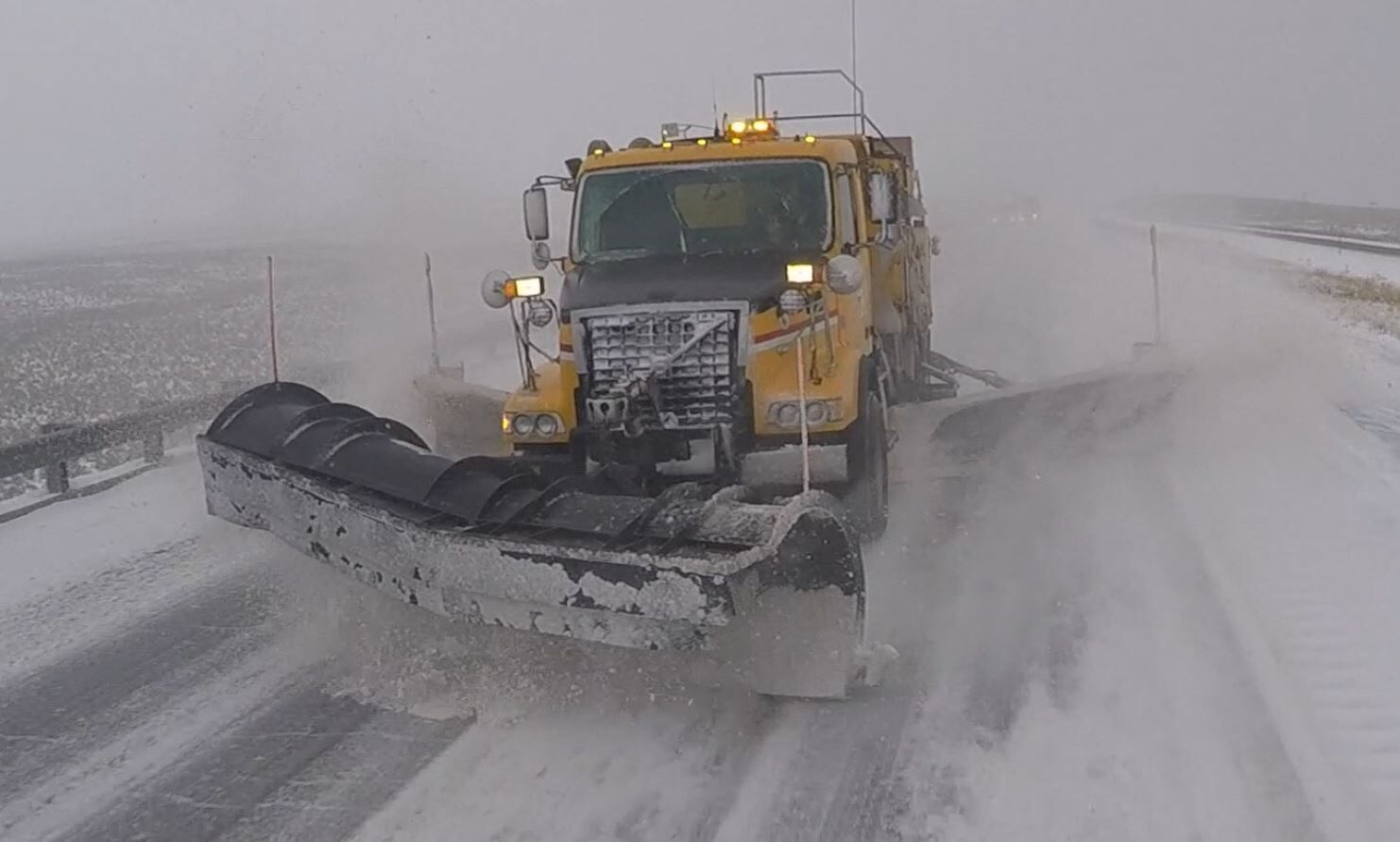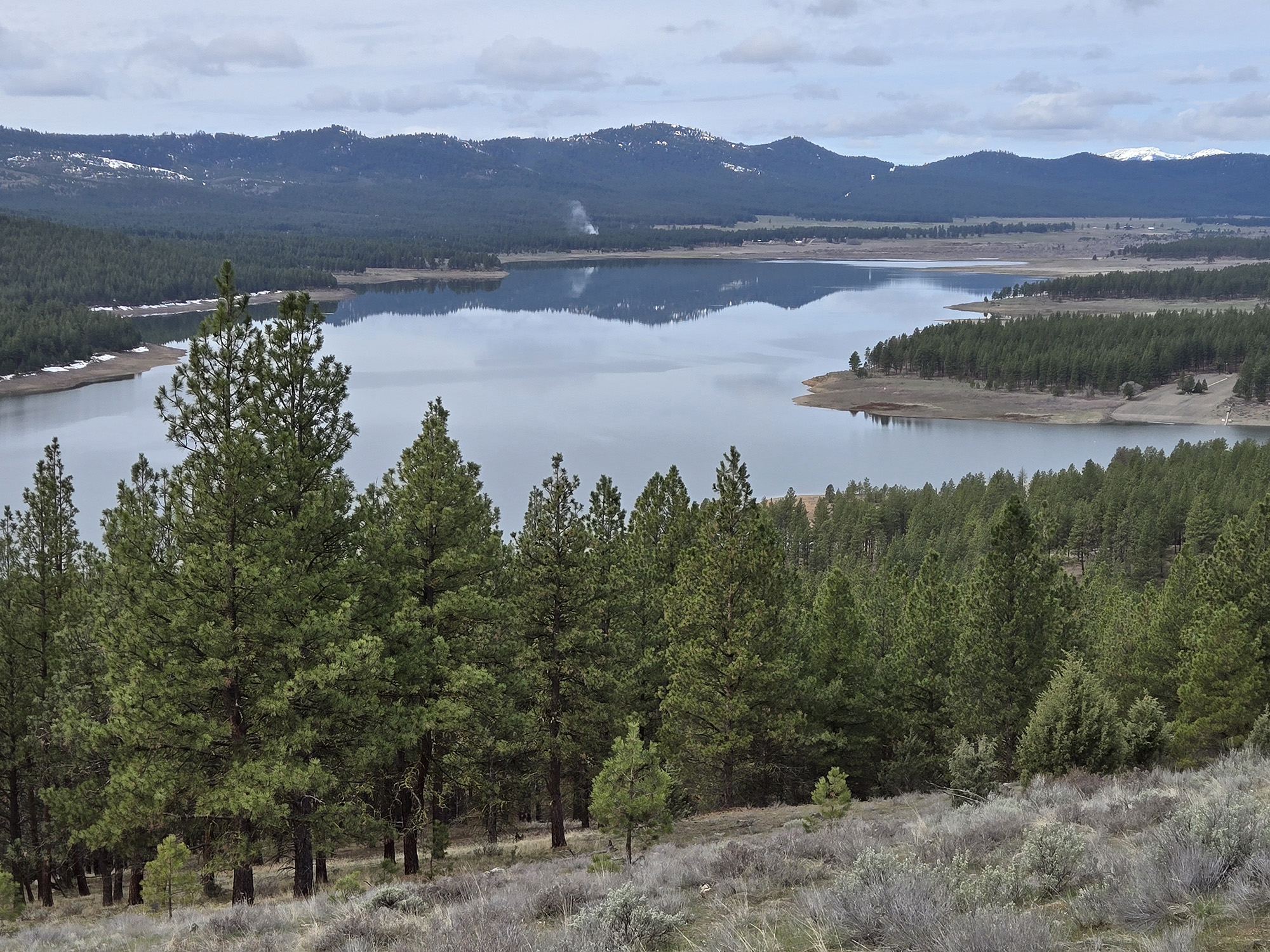Northwest business news
Published 4:00 am Thursday, April 15, 2021
Oregon fines diner with 2 locations $35K over COVID-19 rules
BEND — Oregon Occupational Safety and Health has fined a diner with locations in Bend and Redmond $35,000 for violating COVID-19 restrictions.
The Black Bear Diner locations allowed indoor dining when Deschutes County was in the extreme risk category due to high coronavirus caseloads.
Oregon OSHA officials said the restaurants “willfully” continue to potentially expose workers to the virus, despite a public health order of limited or zero indoor dining.
Kathy Degree, the owner of the two Black Bear diners, has hired Salem-based Kevin L. Mannix law firm to appeal the penalty.
She said she believes she was properly adhering to U.S. Centers for Disease Control and Prevention rules and regulations for businesses that were permitted to be open at the time.
“We felt that we were following all the CDC guidelines of social distancing, face masks, sanitation as all businesses that were open,” Degree said. “We felt we were entitled to those same parameters. We took the safety of our employees to the highest priority, and the records will show that no employee tested positive for COVID.”
Oregon OSHA conducted inspections of both sites following complaints by the public. The restaurants, operating under the legal name of Bucc’NDulge Inc., allowed indoor dining on or around Jan. 13 and continued through Feb. 11, according to an OSHA statement.
— The Bulletin
Bitcoin operation on hold due to rising power costs
ONTARIO — Plans by an Idaho real estate development firm to launch a bitcoin mining operation in a storage facility north of Ontario are on hold.
Paul Knudson, the chief operating officer for XTRA Bitcoin Inc., said the rising cost in power prompted his firm to look elsewhere to create the mining operation. Knudson also owns Pines Townhomes LLC, a Fruitland real estate company that owns the storage facility.
Knudson said negotiations with Idaho Power did not prove as fruitful as he hoped.
“Idaho Power quoted me a certain price and when they came out to Ontario to do a presentation the price went up 50% from what I was quoted,” said Knudson.
Knudson said he then began to look for another location.
“We bought a facility up in Canada and are developing that at the moment. Canada has cheaper power,” said Knudson.
Bitcoin is a cryptocurrency — a digital asset used as a medium of exchange — created in 2009 that does not depend on a central bank and can be sent from one computer user to another.
A bitcoin mining operation is essentially a large computer server farm. The mining is the process where bitcoin transactions are validated. Because they are so large — with hundreds of servers operating 24 hours a day — bitcoin mines are large power consumers.
Interest in bitcoin has fluctuated but in 2017 there was a large spike in the value of a single bitcoin from $1,000 to more than $19,000. That spike triggered a bitcoin boom in central Washington, an area known for its cheap hydroelectric power.
Places such as Chelan, Washington, near the Columbia River then became the go-to location for bitcoin server farms.
The boom, though, put stress on the area’s power grid. In 2018 in Chelan, for example, the city established a moratorium on new crypto-mining operations because of the impacts on the local power grid.
Adjustments of the power grid are occurring in specific areas across the U.S. and Canada to make way for bitcoin mines, said Knudson.
“As the industry develops, large capacity, cheap power is being developed at hosting sites,” said Knudson.
— Malheur Enterprise









